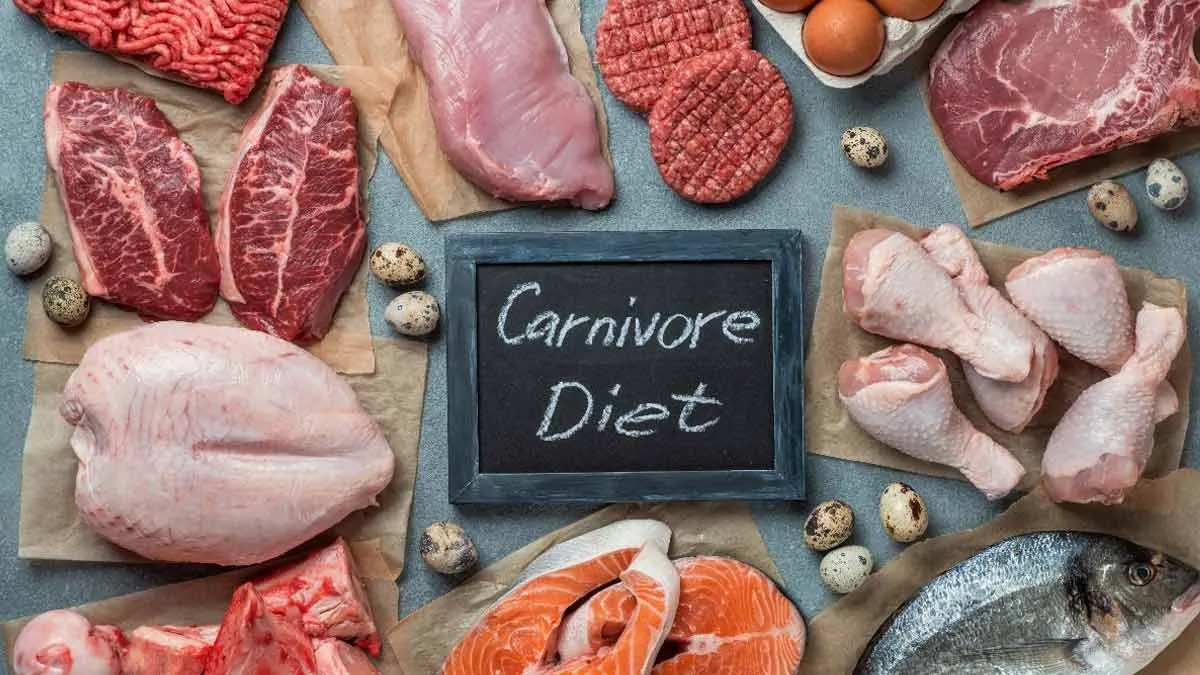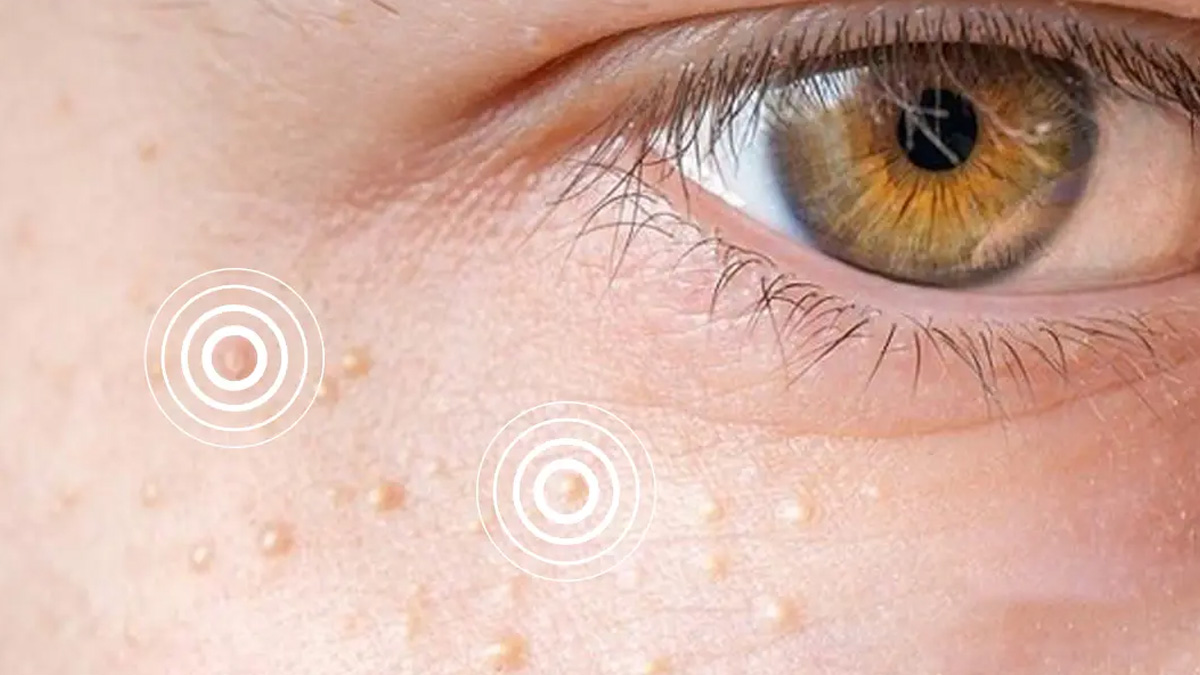
Every second day, there is one or the other diet regime hitting the markets, and some or the other influencer picking it up to ‘influence’ people into being healthier than ever. One such diet that’s making rounds on the internet lately is a highly carnivorous diet, which consists entirely of meat and animal products and excluding all other foods. A man from Florida took this diet regime to a completely another level and faced a severe health crisis related to this extreme dietary choice.
Table of Content:-
For eight months, he followed a strict carnivore diet, consuming nine pounds of high-fat, high-cholesterol foods daily, such as butter, cheese, and hamburger patties. Initially, this diet led to weight loss and visible increase in energy levels, it ultimately had devastating consequences for his health.

Symptoms That Sparked Concerns
The man took medical attention after noticing strange symptoms like strange, yellowish, waxy nodules forming on his palms, elbows, and feet. It got more concerning when those nodules started oozing a peculiar substance. His symptoms combined with his unusual dietary history, prompted the doctors to conduct a series of tests.
Results revealed his cholesterol levels had skyrocketed to over 1,000 mg/dL—more than five times the healthy threshold of under 200 mg/dL. Levels exceeding 240 mg/dL are considered dangerously high, but his were well beyond that range. Prior to starting the carnivore diet, his cholesterol had fluctuated between 210 and 300 mg/dL.
All About The Diagnosis: Xanthelasma
According to Dr Harpal Shih Dabhi, Consultant and Head-Pulmonologist and Intensivist, HCG hospitals, Bhavnagar, “Xanthelasma is a skin condition characterised by yellowish deposits of fat beneath the skin, typically around the eyelids. These lesions are formed due to the accumulation of cholesterol-rich substances called lipids.” While xanthelasma typically manifests as yellowish patches near the eyes, the man's case was unusual due to the deposits appearing on his hands and feet.

Symptoms To Look Out For
In case of xanthelasma, common symptoms include:
- Yellowish patches or lumps: These soft, raised deposits are most frequently found near the eyes but can appear on other parts of the body.
- Skin irritation or oozing: In extreme cases, the nodules may leak or become uncomfortable.
- No pain or itching: The condition is typically painless, but its appearance signals underlying health issues.
- Connection to lipid disorders: Xanthelasma often accompanies high cholesterol, increasing the risk of heart attacks, strokes, and cardiovascular diseases.
If left untreated, xanthelasma can signify the potential for life-threatening complications due to high cholesterol.
Why Are Restrive Diets Harmful?
This case serves as a stark reminder of the risks associated with extreme dietary regimens, particularly those focused on excessive consumption of fats and cholesterol. The carnivore diet eliminates all plant-based foods in favor of meat, butter, and animal-based products. While some claim benefits like weight loss and improved energy, health experts caution against its long-term effects.
Balanced Diet Over Fads
The Centers for Disease Control and Prevention (CDC) and Dietary Guidelines for Americans advocate a balanced approach to eating. Key components of a healthy diet include:
- A variety of fruits and vegetables.
- Whole grains and low-fat dairy products.
- Lean proteins like poultry, fish, beans, and nuts.
For instance, the guidelines suggest adults consume about 5.5 ounces of meat per day, balanced with other food groups.
Bottomline
If you observe unusual symptoms such as yellowish plaques on your skin or suspect you have high cholesterol, consult a healthcare professional immediately. Maintaining a balanced diet rich in diverse nutrients is crucial for overall health and well-being. Avoiding extreme or restrictive diets is the safest path to sustainable health.
This Florida man’s alarming health crisis highlights the importance of moderation and the risks associated with extreme dietary experiments. Listen to your body, prioritize balanced nutrition, and seek medical advice when needed.
Also watch this video
Read Next
Common Cold Or Sinusitis? Expert Explains How To Find Out If Your Cold Has Become A Sinus Infection
How we keep this article up to date:
We work with experts and keep a close eye on the latest in health and wellness. Whenever there is a new research or helpful information, we update our articles with accurate and useful advice.
Current Version